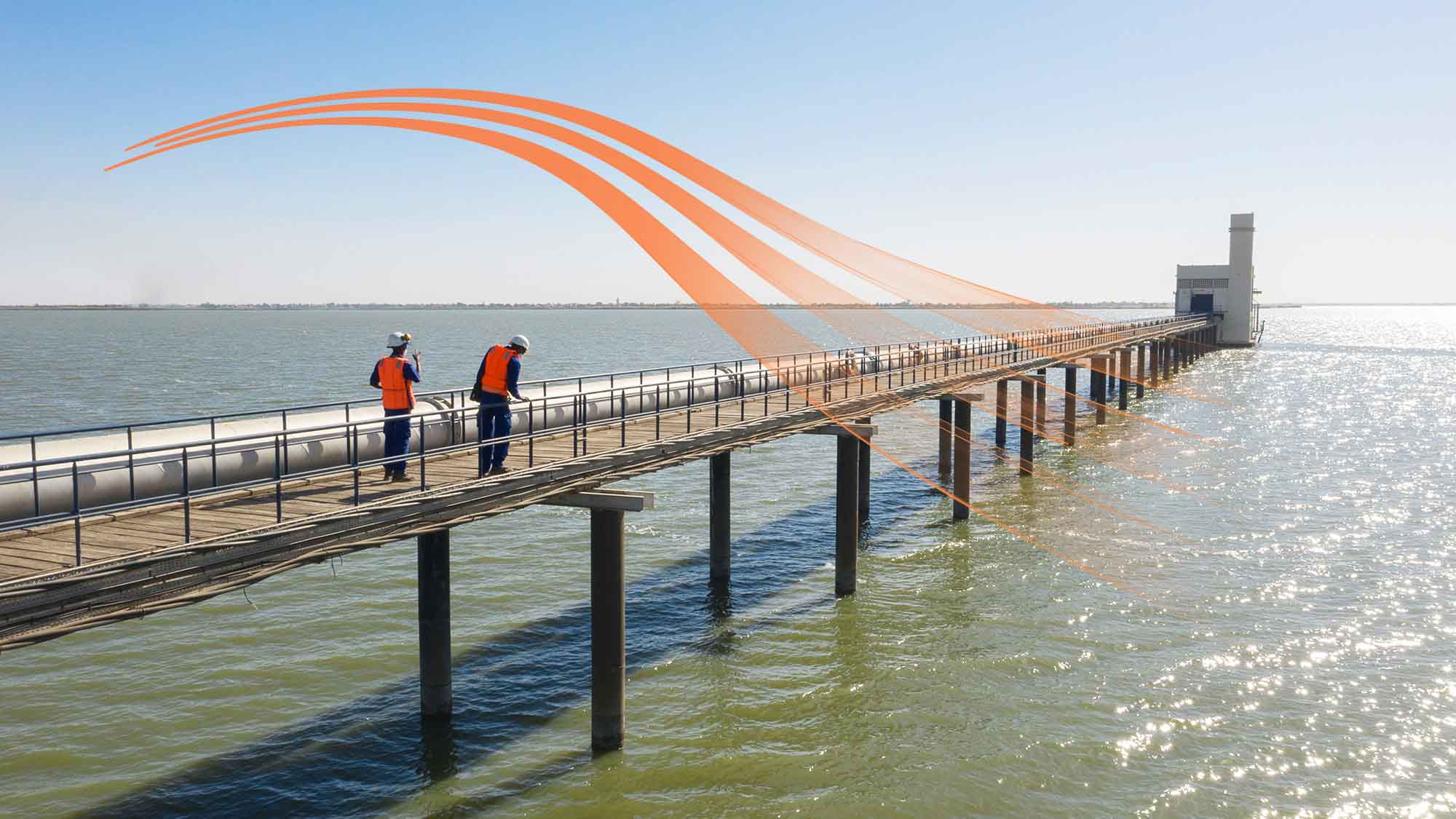SUEZ NWS and Hengli Petrochemical won special climate prize in Innovation Awards for Franco-Chinese Teams 2017 with “Embedded WWTP”
The ceremony of the 4th Innovation Awards for Franco-Chinese Teams organized by Comité France-Chine was held in Paris, France recently. The Embedded Wastewater Treatment Plant (“Embedded WWTP”), jointly developed by SUEZ NWS and Hengli Petrochemical (Dalian) Refinery Co., Ltd. (“Hengli Petrochemical”) won the “Special Climate Prize”. On the occasion of the 2nd anniversary of the signing of Paris Agreement, the award was intended for the most innovative project in coping with climate warming.
Comité France-Chine is an important organization in promoting the trading and business relations between China and France. It has been organizing Innovation Awards for Franco-Chinese Teams annually since 2014, aiming to reward outstanding innovative projects jointly developed between Chinese and French institutions, laboratories, R&D centers and enterprises, which have important influence and significance on the society, economy, industry and environment. With its innovative "Embedded WWTP" concept and favorable socio-economic and ecological benefits, the refinery wastewater treatment project jointly developed by SUEZ NWS and Hengli Petrochemical was thus awarded Special Climate Prize.
To achieve "green development", Hengli Petrochemical’s 20million tons/year refining-chemical project in Changxing Island, Dalian, adopted SUEZ NWS’ integrated solutions on wastewater treatment, reuse and brine treatment, with the first time introducing the "Embedded WWTP" concept into the petrochemical industry. This concept changes the conventional pattern of passive reception and terminal treatment. Instead, it combines the wastewater treatment process and petrochemical process at the very beginning of design, and makes a synergy with the upstream petrochemical installations through comprehensive analysis of the upstream pollutants’ sources, characteristics and generation process, thereby turning the “water, gas and ashes” that are supposed to be treated as wastes into resources for reuse in the wastewater treatment process, thus treating the waste with waste. The wastewater treatment plant is transformed from “Receiving and Treating Unit at Wastewater Terminal” to an “Environment-friendly Resources Integration Unit”
Based on the experience of traditional chemical WWTP construction, the project introduces a number of new technologies and methods, including "CO2 off-gas’ coal-to-hydrogen utilization", "recycling of ethylene waste alkali", "utilization of ozone in wastewater advanced treatment", "fusel utilization" and "reclaimed water reuse", to greatly reduce the operating costs. According to statistics, the new technologies reduce the CO2 emission by 2,116 tons/year, save electricity consumption by 7.01 million kWh/year, reduce reagents consumption by 9506 tons/year, and save water resources by 14 million tons/year.
The concept of "Embedded WWTP" was implemented in Hengli’s petrochemical project is of strong demonstration significance. It provides a referential example for the green development of the petrochemical sector and even the entire industry. By sorting out the whole industrial processes, it contributes to turning waste into resource, optimizing the allocation of resources while treating wastewater, saving regular consumption and reducing secondary pollution, thereby achieving the maximization of social, environmental and economic benefits.
